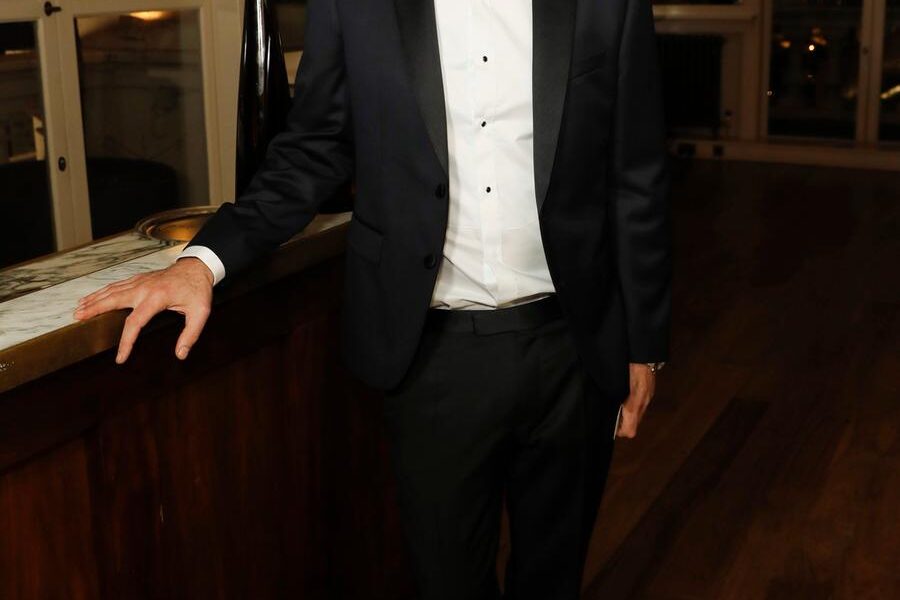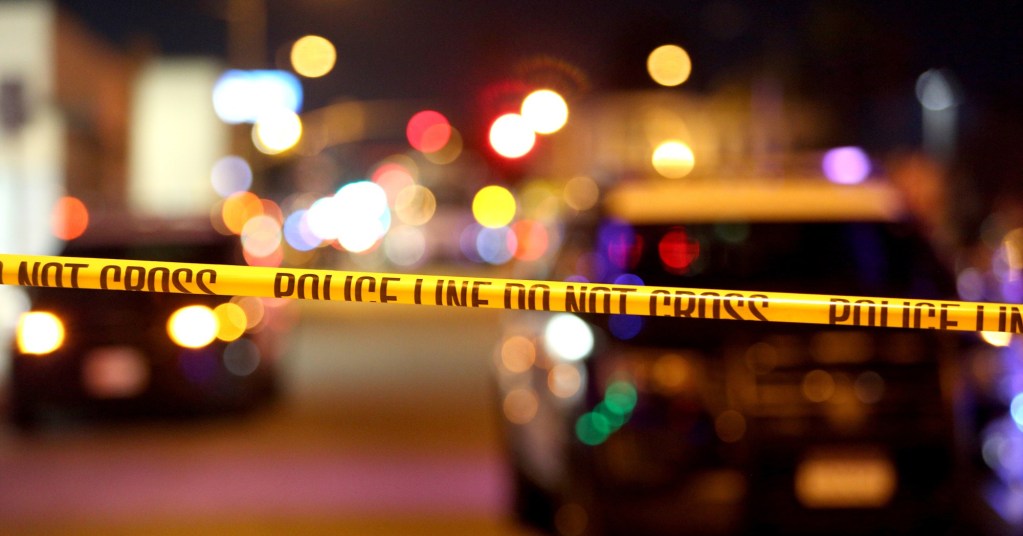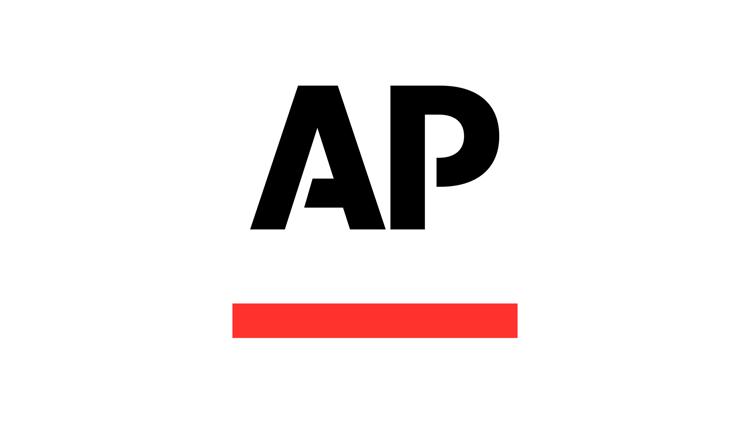UPDATE: In a striking revelation, Bob Vylan, frontman of the punk band Bob Vylan, shared that BBC staff described their recent Glastonbury performance as “fantastic.” This announcement comes amidst significant backlash surrounding Vylan’s controversial chant, “death, death to the IDF,” which has sparked heated discussions about freedom of expression and its consequences.
In a candid interview on The Louis Theroux Podcast, Vylan recounted his experience immediately after the set, stating, “We come off stage. It’s normal. Nobody thought anything. Even staff at the BBC were like ‘That was fantastic! We loved that!’” This statement underscores the disconnect between the performer’s provocative message and the reception it received from industry insiders.
During the podcast, Theroux probed Vylan on whether the chant was “deliberately weaponised as a distraction tactic.” He stated, “You could argue that it gave them an opportunity to distract millions of people,” diverting attention from the ongoing humanitarian crisis in Gaza. This commentary highlights the complexities surrounding public discourse in the wake of provocative art.
As the episode unfolds, Vylan and Theroux dive deeper into the implications of the chant. When questioned about its meaning, Vylan deflected, prompting Theroux to reflect on their differing backgrounds and privileges. “I don’t think there’s any chant that starts with death that I’d be especially comfortable with,” he admitted.
The discussion turned to the latest CST statistics on antisemitism in the UK, with Theroux noting an alleged rise in incidents following the Glastonbury performance. Vylan responded nonchalantly, questioning the validity of the figures: “What are they counting as antisemitic incidents?” His skepticism raises important questions about how such data is interpreted and reported.
Theroux expressed concern over the potential impact on the Jewish community, asking Vylan if he felt responsible for creating an “unsafe atmosphere.” Vylan firmly rejected this notion, asserting, “If there were large numbers of people going out and saying ‘Bob Vylan made me do this,’ I might go, oof, I’ve had a negative impact here.”
In a particularly provocative segment, Vylan articulated his views on Zionism, describing it as a manifestation of white supremacy. He stated, “Ultimately the fight is against white supremacy, right? Like that is what the fight is against, and I think white supremacy is displayed so vividly in Zionism.” This comment is likely to ignite further debate about the intersections of race, identity, and politics.
In response to the podcast, Leo Pearlman, CEO of entertainment group Fulwell, condemned Theroux’s decision to amplify Vylan’s views, stating, “When you give a microphone to someone who proudly repeats a genocidal chant… you’re not probing hate, you’re amplifying it.” Pearlman’s critique emphasizes the responsibility of media figures in addressing controversial topics without enabling hate speech.
The episode of The Louis Theroux Podcast is now available on Spotify. As discussions about freedom of speech and its boundaries continue to unfold, the implications of Vylan’s comments remain significant and complex.
As this story develops, it raises critical questions about artistic expression, media responsibility, and the societal impacts of inflammatory rhetoric. The global community is watching closely, eager to see how these discussions evolve.







